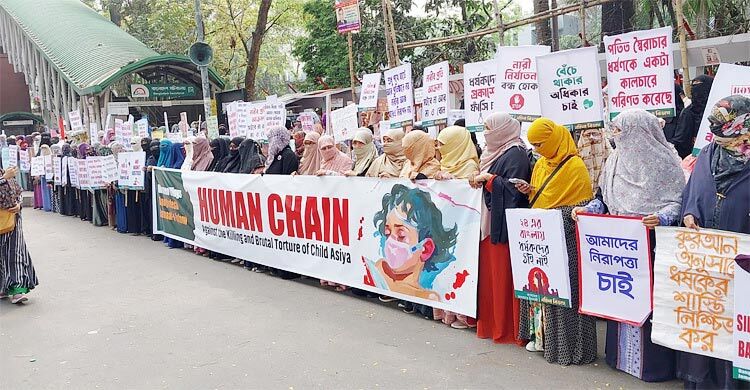Back to News

Jagonews24Politics3 hours ago
Jamaat's 'silent army': Half a million women join to reshape electoral landscape
In a bold and unprecedented electoral gambit, Jamaat-e-Islami is deploying its vast, grassroots women’s wing as a central pillar of its strategy for the upcoming national elections signalling a seismic shift in Bangladesh’s political calculus. With over 500,000 trained female “Rukn” members, hundreds of thousands more activists, and a nationwide network of doctors, teachers, and homemakers, the Islamist party is positioning its women’s division not merely as campaigners but as potential kingmakers. Political analysts warn: if successfully mobilised, this disciplined, ideologically driven female force, long underestimated, could become the “silent game-changer” in constituencies across rural and semi-urban Bangladesh. Once forced underground under the previous Awami League regime enduring arrests, lawsuits, and intimidation Jamaat’s women’s wing has surged back into public...